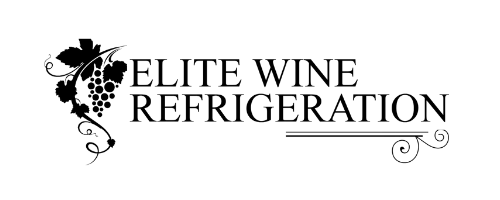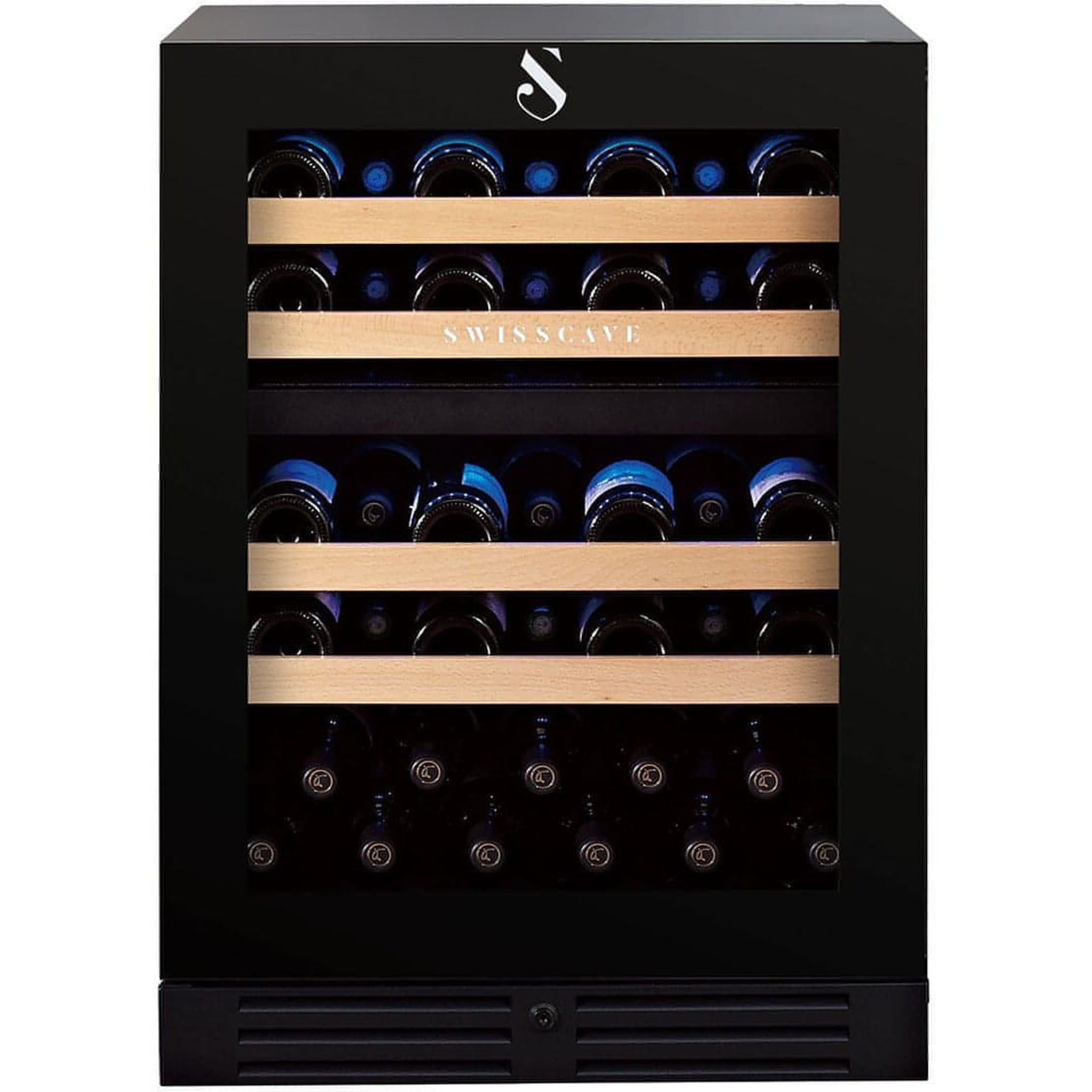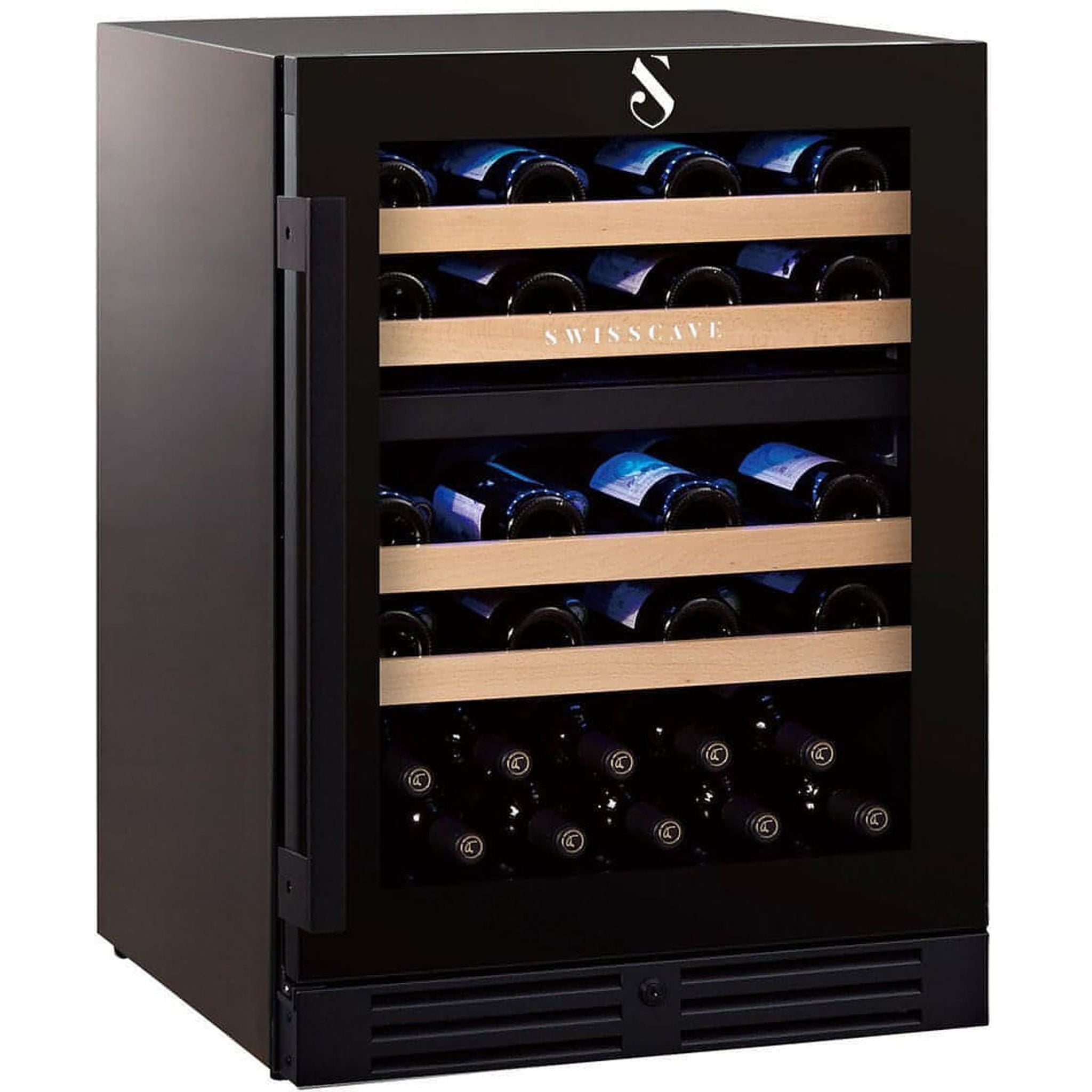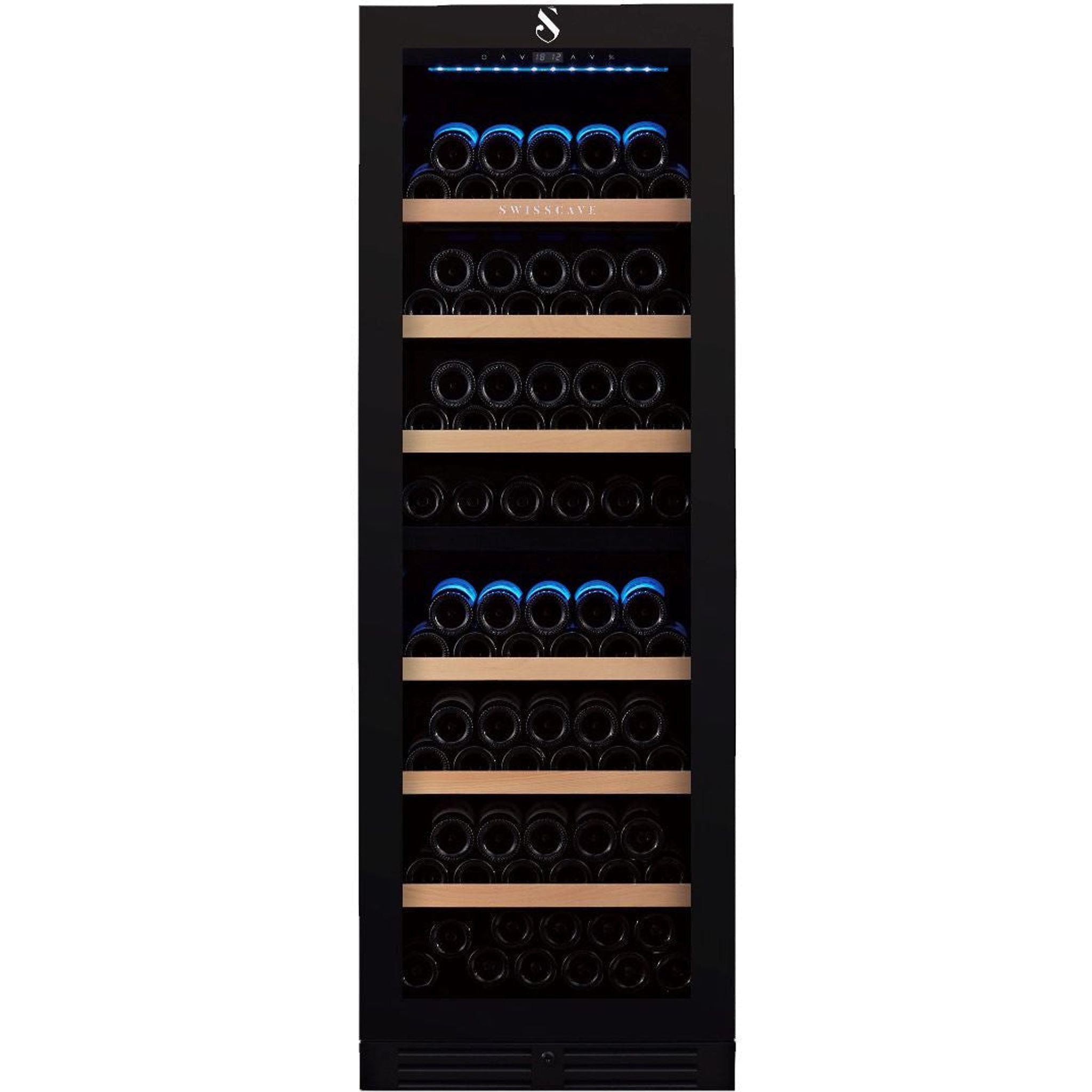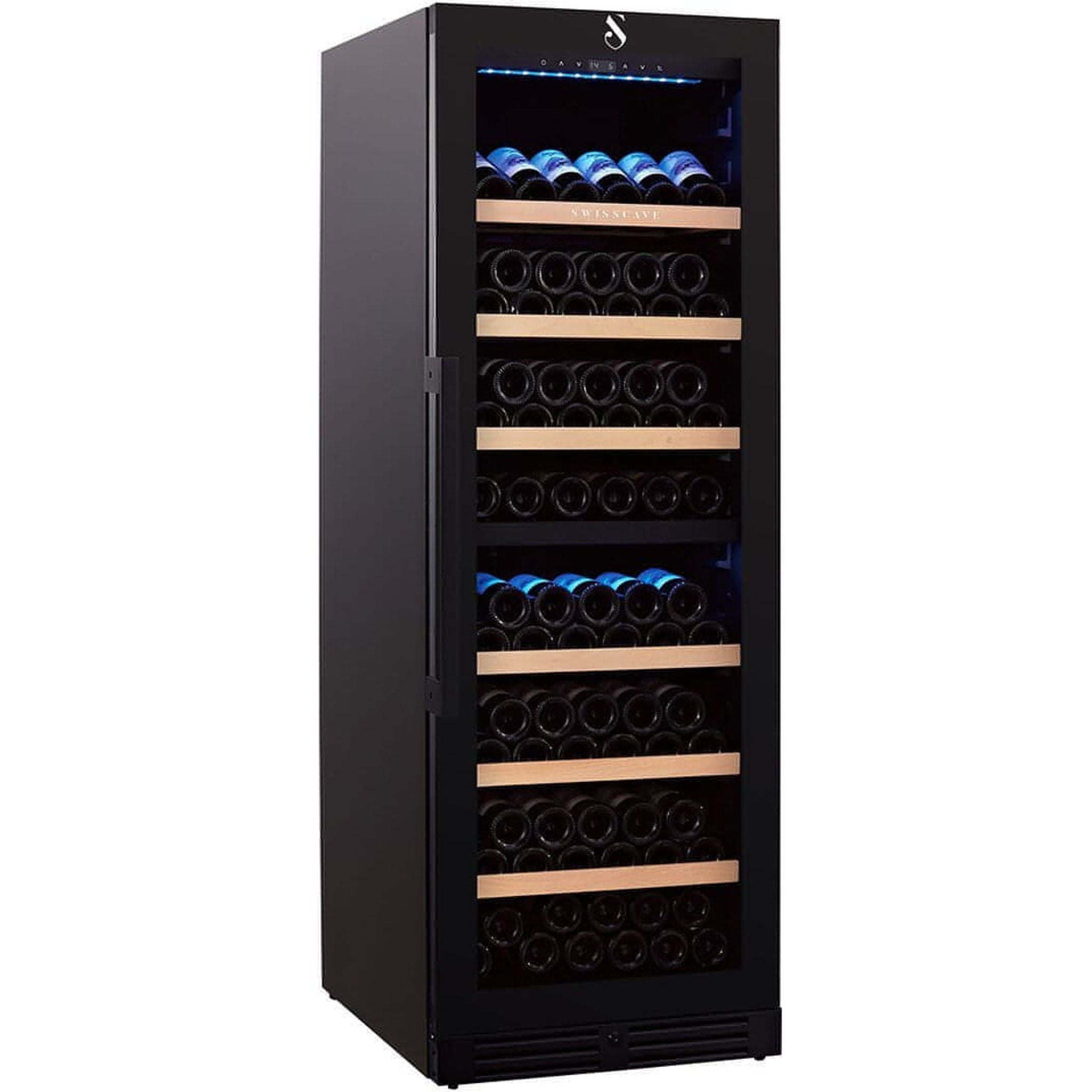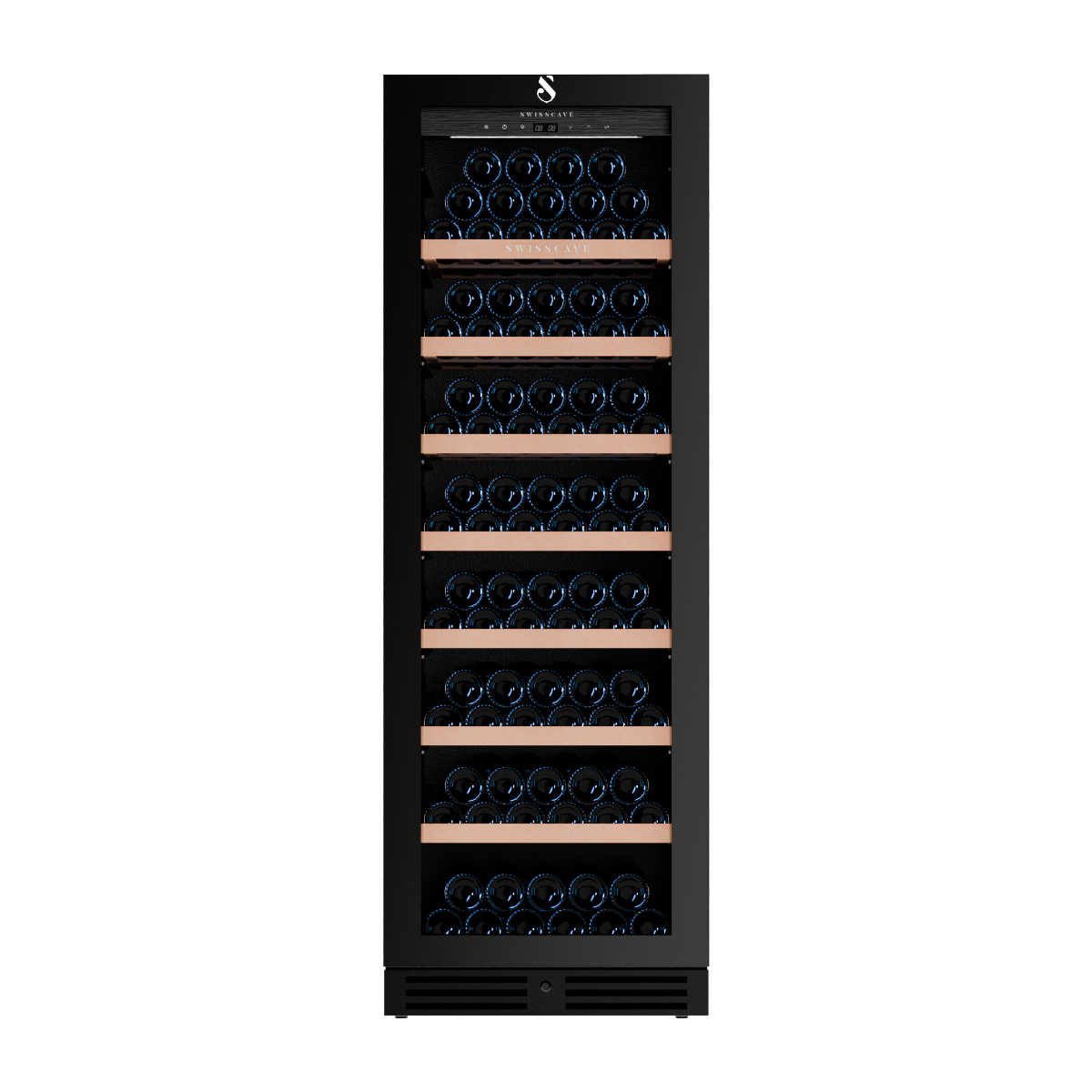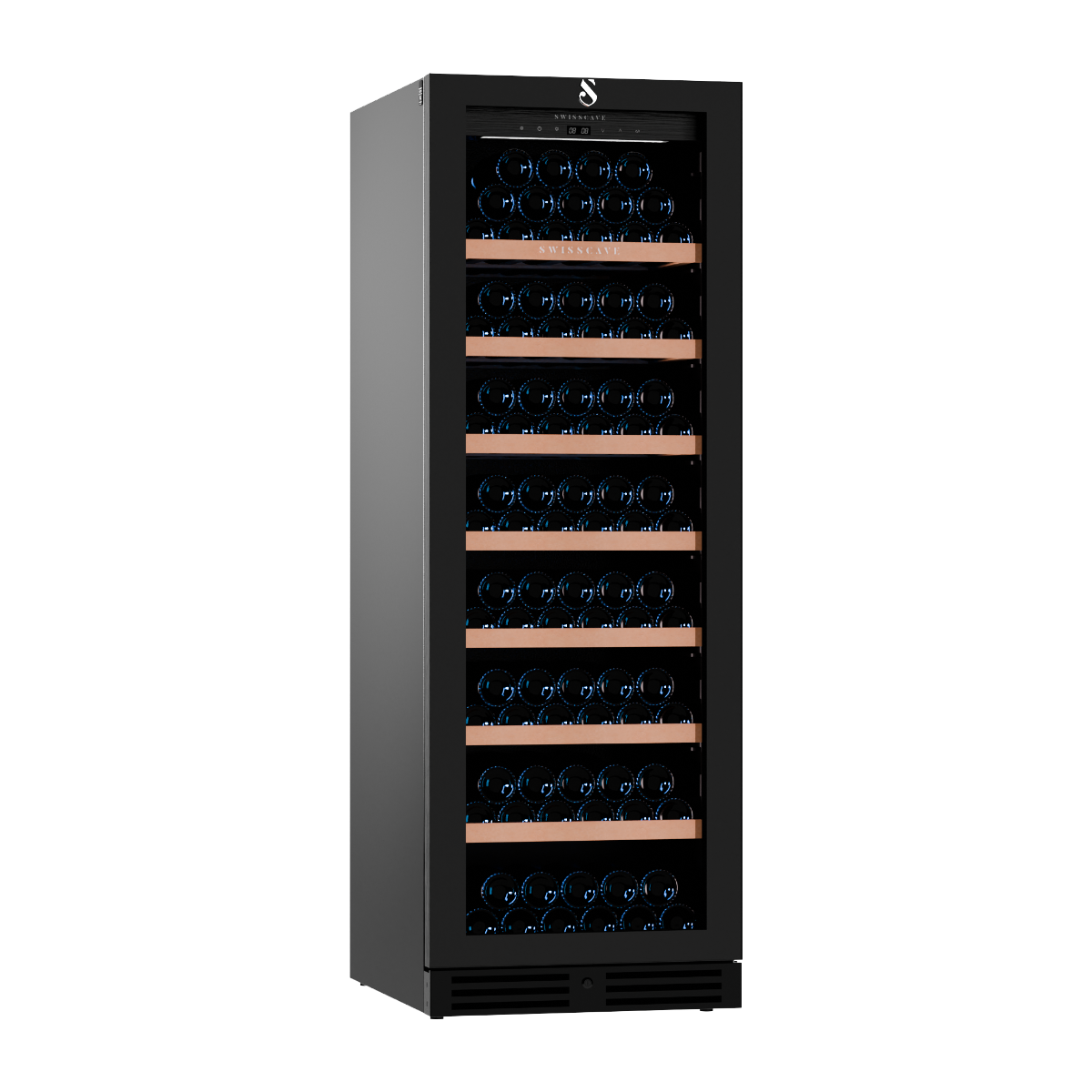It is a classic and time-honoured tradition to sit down and dine with the family over the holidays, and in doing so, it presents the perfect time to enjoy some of the finer wines that might be available.
However, simply throwing the best wine you can find or the best wine in your collection on the table might not be the best plan. With all the foods and sides typically served with a Christmas dinner, it is important to choose a wine that can hold up to all of that fantastic food.
Here are just a few tips on what kinds of wine might make for a good pairing with a Christmas meal.
Balancing the Palate
Even though the temptation to break into the most expensive wines may be great, it is important to make the pairing based upon the main dish.
For example, if a fish is to be the prime protein, white wine would be most recommended, at least for drinking while eating the main course. Of course, if the entrée is red meat such as beef or lamb, a strong red would match best with the gaminess of lamb or the strong flavours of beef. It is also important to avoid drier wines, depending on the meal and what is being served. If there is any kind of glaze or sauce that includes sugar, a dry wine would seem bitter, because the acidity of the wine is brought out by sweet foods.
When also considering the type of wine to pair with dinner, it is important to make a decision between a sparkling wine or a non-sparkling wine. A glass of sparkling wine would be a great companion for some light appetisers or a cheese course before the entrée, but it wouldn’t hold up to the strong flavours that would be brought out in the main course.
Likewise, a bold red might overpower the gentle or subtle flavours of the hors d'oeuvres. In short, whenever deciding a wine pairing for a course, it is important to keep in mind that the wine should be a match in flavour strength with whatever is being served, being no stronger or weaker than the flavours brought by the food.
Specific Pairings
Getting down to the essentials, pairing the wines based on what is being served is key. For those who are going to be serving a vegetable-based main dish, the choices are fairly limitless.
Depending exactly on how the vegetables are cooked and what kind they are, they could stand up to a small host of selections. Moving on to red meat, it should be matched with a red, with the strength of the wine depending on the strength of the meat in the dish.
For a roast, a drier wine might be in order, but if dinner is a stew or a dish where the meat could lose some of its flavour, a more sweet wine could work well. If the star is turkey or seafood, a white would be in order.
Likewise, if you're going for a nut roast, then consider a herby wine. Pinot Noir, Cabernet Sauvignon and even Chardonnay can make a great food pairing with a nut roast.
If multiple courses are in order, it would be best to consider the idea of exactly how wines are paired. A wine is usually chosen because it highlights flavours already present in the course, or because it contrasts those flavours well.
When having courses, perhaps considering alternating the wine pairings with wines that contrast and wines that heighten. In doing this, the meal will allow those at the table to have a more broad taste experience and to truly appreciate each wine without letting it overshadow the food or to be overshadowed in turn.
Read The Room
Another key element to pairing wine with a holiday meal is to be able to cater to the various tastes that will certainly be at the table. Not all the guests will be wine connoisseurs, and some people might have varying degrees of overall tolerance to alcohol.
It is important to make sure, then, that there are both dry and sweet wines, and red and white ones as well. In addition, despite the earlier warning, it might be best to serve the best wines first, when guests are sober and can appreciate the flavours more fully.
Not only that, but it is usually a crowd-pleaser to bring out the champagne, both for the celebratory nature and because it is lighter alcohol that almost anyone at the party can enjoy. This would be a good way to finish the meal or a good pairing for an appetiser.
Finishing Strong and Quality Concerns
It is sometimes typical to have a glass of wine with dessert, and while this is still something to enjoy, it is important to not get careless when serving the paired wine.
Make sure that, if the dessert is something sweet, that it is not overpowered by the sweetness of red wine. It would be an absolute shame to have a dessert spoiled by strong wine, so make sure to pair well. This also provides a good excuse to try a bit of the wine and the dessert before the party!
In addition, it is important to remember that not only the wine selection is important, but how the wine is served. Red wines should not be allowed to grow too warm, and contrarily, white wines should not be served too cool. These tips are especially important for those who enjoy a meal over the course of a few hours.
By then, a white that has been sitting to cool might be absolutely freezing, and a red left out around the stove or around the table might be warm.
A wine cooler is always a great place to store your wine, whether you're storing the wine for serving, or you're storing your wine in the longer term. Click here for a guide on how to store wine for serving.
To keep from making any mistakes in this regard, it is best to try and finish wines before breaking into new ones, and to have a designated table or location for the wines when they are not being served, so that no one misplaces them.
The perfect place to store your wines is a Swisscave storage unit. Heating and cooling abilities that come with many Swisscave products cater for all types of wine - perfect for those who accumulate a collection of different wine variants over the festive period.
It’s essential to keep your wine at the right temperature. Keeping wine collections in the wrong temperature and humidity could be extremely detrimental to both the taste and aroma of your alcoholic goods.
Swisscave is well-known for manufacturing excellent wine storage units - to find out more about our Swisscave collection, reach out to a member of our team today.
Click here for some wines to warm you up this Winter - including, of course, Mulled Wine!
